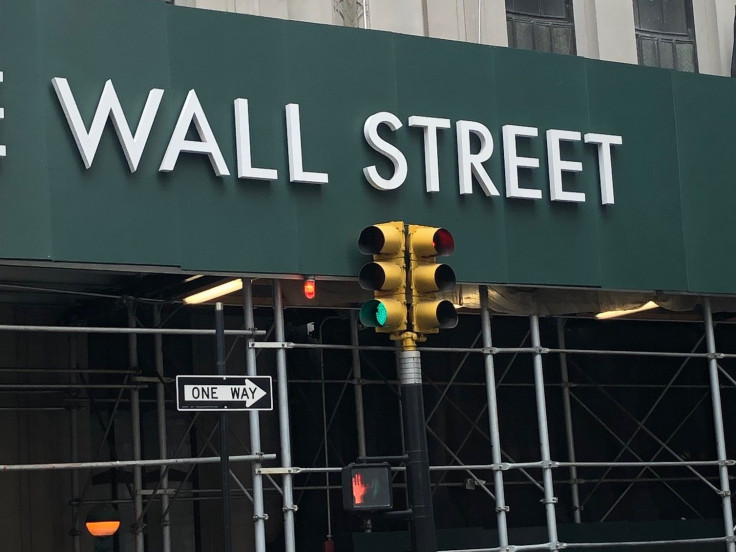Monday's Stock Market Close: US Equities Rally On Hopes More States Reopen Their Economies, Oil Sinks

KEY POINTS
- Ohio Gov. Mike DeWine said consumer retail and services can start up again on May 12
- Asian and European equity markets rallied on Monday
- WTI crude oil futures plunged more than 20%.
U.S. stocks rose on Monday as New York and some other states made plans to gradually ease the lockdown and reopen some businesses.
The Dow Jones Industrial Average jumped 358.51 points to 24,133.78, while the S&P 500 gained 41.74 points to 2,878.48 and the Nasdaq Composite Index advanced 95.64 points to 8,730.16.
Volume on the New York Stock Exchange totaled 4.45 billion shares with 2,365 issues advancing, 31 setting new highs, and 610 declining, with 9 setting new lows.
Active movers were led by Inovio Pharmaceuticals Inc. (INO), General Electric (GE) and Ford Motor (F).
On Sunday, New York Gov. Andrew Cuomo said his state will reopen its economy in segments. In the first phase, the construction and manufacturing sectors will reopen. But any business that opens will have to practice strict social distancing protocols and have personal protective equipment readily available.
Ohio Gov. Mike DeWine said consumer retail and services can start up again on May 12.
Alaska, Georgia, South Carolina, Tennessee and Texas will gradually permit restaurants and other businesses to serve customers.
“As various states begin to reopen their economies and relax social distancing rules, we will get a glimpse of what the new normal looks like,” said Marc Chaikin, CEO of Chaikin Analytics. “The biggest risk to the stock market is a premature reopening of the U.S. economy which results in an increase in Covid-19 cases and requires an abrupt reversal of these efforts to awaken the economy out of its engineered coma.”
“Additional global stimulus measures, slowing Covid-19 cases, and signals of normalcy returning are no doubt good news in the current environment. That said, the economy is a far cry from even walking shape right now -- it’s slowly crawling back to life,” said Mike Loewengart, vice president of investment strategy at E-Trade.
Almost 3 million coronavirus cases have been confirmed around the world, including more than 900,000 in the U.S.
The Bank of Japan, or BOJ, removed upper limits on its plans to purchase government bonds and upgraded its ability to buy corporate debt and commercial paper.
BOJ Governor Haruhiko Kuroda said these measures will be used to battle the impact of coronavirus.
“The current crisis could have a bigger negative impact [on the Japanese economy] than the [2008] Lehman [Brothers] shock. The government and the central bank obviously need to work together, particularly at a time like this,” Kuroda said.
“This coming week will be huge from a macro data perspective and the extent to which the global economy has been floored by Covid-19,” said Simon Ballard, chief economist at First Abu Dhabi Bank. “Until we are clearly past the peak of the outbreak, on a global scale, and can feasibly deem the pathogen to be contained and there to be no meaningful risk of a second wave of infection, we believe a defensive investment strategy will remain the most appropriate.”
Overnight in Asia, markets finished higher. China’s Shanghai Composite edged up 0.25%, Hong Kong’s Hang Seng rose 1.88% and Japan’s Nikkei-225 gained 2.71%.
In Europe markets also closed higher, as Britain’s FTSE-100 gained 1.64%, France’s CAC-40 climbed 2.55% and Germany’s DAX rose 3.13%.
Crude oil futures plunged 22.61% at $13.11 per barrel, Brent crude edged down 0.13% at $23.04. Gold futures slipped 0.46%.
The euro rose 0.05% at $1.0828 while the pound sterling edged up 0.46% at $1.2422.
The yield on the 10-year Treasury jumped 10.07% to 0.656% while yield on the 30-year Treasury gained 6.29% to 1.251%.
© Copyright IBTimes 2025. All rights reserved.





















